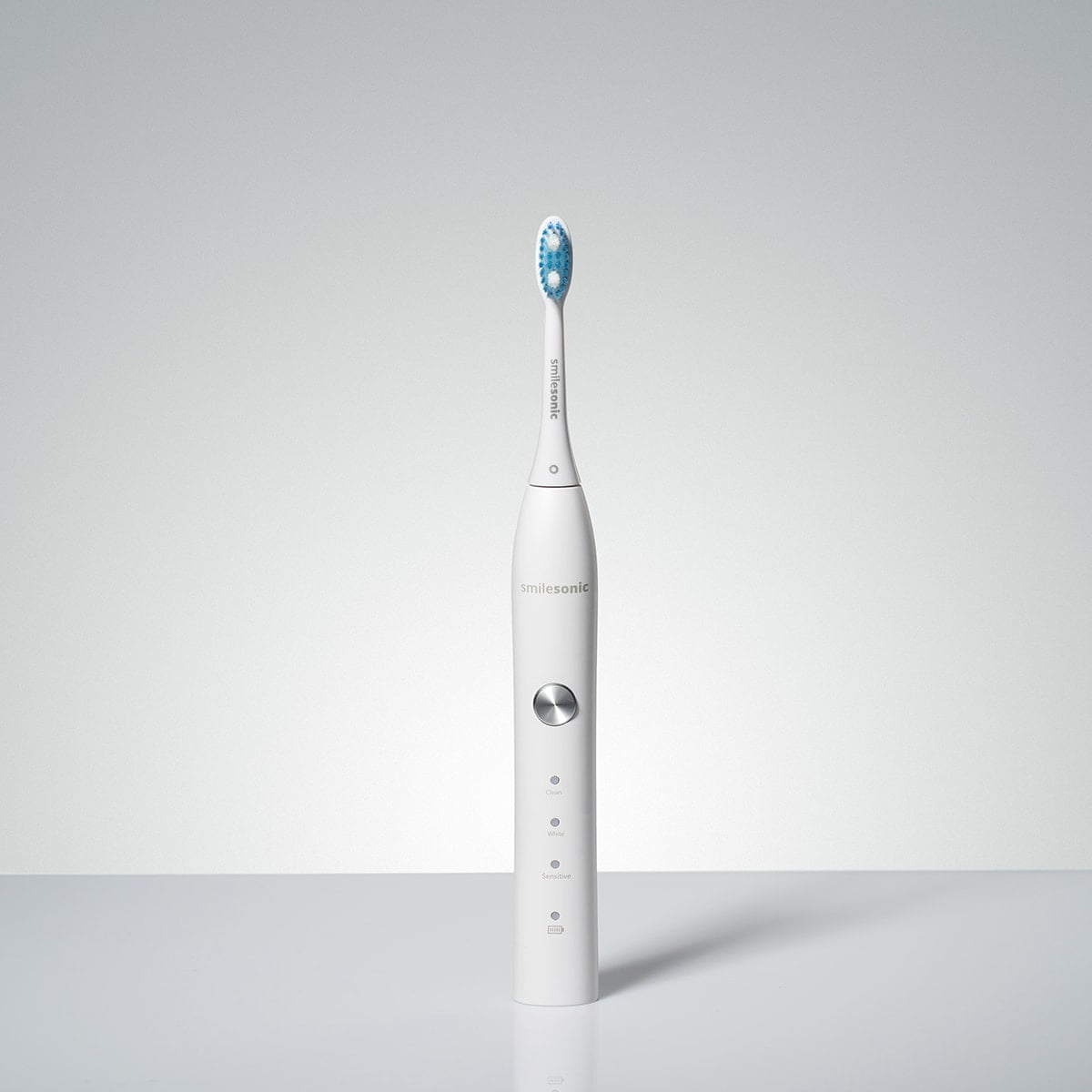Coconut oil and its impact on teeth – is it worth buying coconut oil toothpaste?
Why coconut oil is becoming popular in oral care
Coconut oil has become increasingly popular in recent years, not only in cooking but also in cosmetics and personal care. This trend is largely due to its numerous health-promoting properties, including antibacterial, antifungal, and moisturizing effects. In the world of oral hygiene, coconut oil is now a well-known ingredient in many natural toothpaste formulations and mouth rinses. But how exactly does coconut oil affect teeth and gums? Is coconut oil pulling effective? Is it safe to rinse your mouth with coconut oil daily? Let’s take a closer look.
What is coconut oil?
Coconut oil is a fat extracted from the flesh of the coconut, often cold-pressed. It’s rich in saturated fatty acids, especially lauric acid, which makes up around 50% of its composition. Lauric acid is known for its soothing, antibacterial, anti-inflammatory, and antifungal effects, which is why coconut oil is commonly used in natural skincare and oral hygiene products.
There are two main types: unrefined coconut oil, which retains its natural scent and nutrients, and refined coconut oil, typically used for cooking due to its neutral aroma and lower nutritional value.
In addition to its benefits for teeth and gums, coconut oil can also be applied directly to the skin for hydration or consumed as a natural antibiotic thanks to its antimicrobial activity.
Oral health benefits of coconut oil
Antibacterial and antifungal effects
Coconut oil, and especially lauric acid, has powerful antimicrobial properties. It can help fight the bacteria responsible for tooth decay, gum inflammation, and bad breath. Using toothpaste with coconut oil may reduce harmful bacteria in the mouth, promoting healthier gums and cleaner teeth.
Some people prefer coconut oil pulling—a method where oil is swished in the mouth to distribute its active compounds evenly. There are also many coconut oil mouth rinses available on the market.
Plaque reduction
Dental plaque is a major contributor to cavities and gum disease. Coconut oil may assist in removing plaque from tooth enamel when used regularly in brushing. This may prevent tartar buildup and help maintain overall oral cleanliness. Some individuals even make their own DIY toothpaste using coconut oil and baking soda.
Natural teeth whitening
Although coconut oil isn’t a chemical whitener, its gentle cleansing action can help remove surface stains, making teeth appear slightly brighter over time. However, it doesn’t whiten enamel the way professional treatments or whitening agents like hydrogen peroxide do.
Gum hydration and protection
Coconut oil’s moisturizing properties benefit those with dry or sensitive gums. Keeping the mouth hydrated is essential for gum health, as dryness promotes bacterial growth. Coconut oil can form a protective layer on the gums, helping to shield them from irritation and sensitivity.
Read more: Probiotic toothpaste
Benefits of using coconut oil toothpaste
Toothpaste containing coconut oil has several advantages, particularly for users seeking natural and gentle ingredients.
It typically features a minimalist ingredient list, free of synthetic additives such as fluoride, artificial dyes, and SLS. It is usually safe for children and those with sensitive mouths, supports gum health, combats harmful bacteria, and offers a pleasant coconut aroma, making daily brushing more enjoyable.
Potential downsides of coconut oil toothpaste
Despite its benefits, coconut oil toothpaste is not without limitations.
Many formulas do not contain fluoride, which remains one of the most effective ingredients for preventing cavities. Additionally, while it may reduce surface stains, it’s not as effective for teeth whitening as conventional whitening products. Some users may also find the taste or texture of coconut oil-based toothpaste unfamiliar or unappealing.
Is coconut oil toothpaste a good choice for daily use?
If you’re looking for a natural, gentle alternative to conventional toothpaste, coconut oil toothpaste can be an excellent choice—especially if you prioritize gum care, antibacterial protection, and clean ingredients. However, if you’re at higher risk for cavities, you may want to combine it with fluoride-containing products or opt for a toothpaste that blends coconut oil with clinically proven active ingredients.
Oil pulling with coconut oil – how it works and what the benefits are
Oil pulling, also known as coconut oil swishing, is a traditional practice in Ayurvedic medicine. It involves rinsing the mouth with coconut oil for 15–20 minutes daily to remove bacteria, reduce plaque, and improve overall oral health. Thanks to the antimicrobial action of lauric acid, this method can help freshen breath, brighten the appearance of teeth, and lower the risk of gum disease and cavities.
Many people value oil pulling for its natural approach and lack of side effects, making it a popular alternative for those exploring holistic dental care methods.





